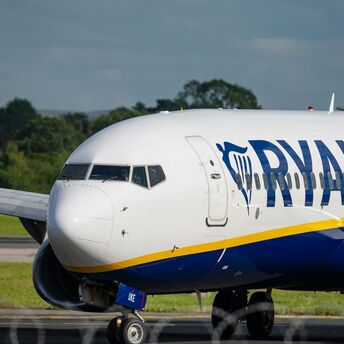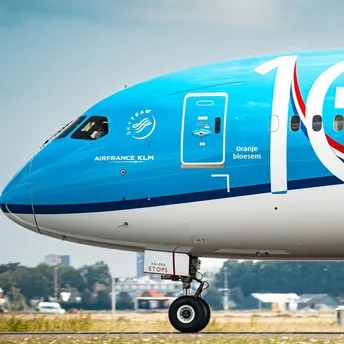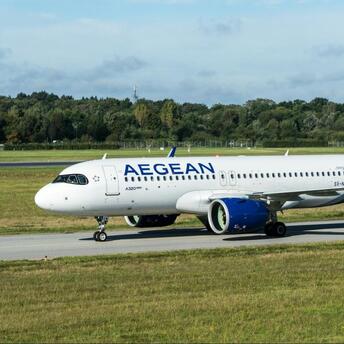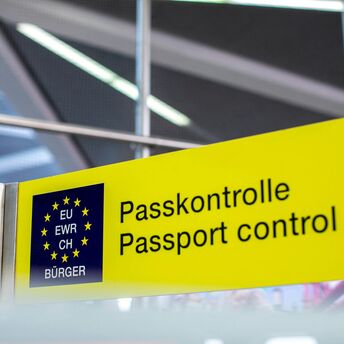Emirates Airline's Disrupted Operations: Storms Cause Major Delays and Cancellations

Emirates Airline faced a week of significant operational challenges as record storms hit the United Arab Emirates, causing widespread disruptions to flight schedules and impacting thousands of passengers. On Tuesday, April 16, the UAE experienced its highest rainfall in 75 years, leading to severe weather conditions that greatly disrupted travel plans.
Due to the extreme weather, Emirates was forced to reduce flight movements for safety, and flooded roads made it difficult for pilots, cabin crew, airport employees, and passengers to reach the airport. The impact on flight operations was immediate and severe, resulting in the diversion of dozens of flights to avoid the worst weather and the cancellation of nearly 400 flights over a three-day period. Additional delays occurred due to staffing and supply shortages.
To address the operational crisis, Emirates took several steps to manage the impact on customers and bring its flight schedule back on track. The airline suspended check-in for departing passengers, imposed a temporary embargo on ticket sales, and halted connecting passenger traffic from other points in its network to focus on rebooking affected customers. Despite these efforts, many passengers experienced long queues and confusion in the terminals due to the overwhelming disruption.
Emirates responded by deploying additional resources to aid airport and contact center teams with rebooking and providing support for disrupted customers. Over 100 employee volunteers were dispatched to assist passengers at Dubai Airport, with a particular focus on medical cases, the elderly, and other vulnerable travelers. The airline secured over 12,000 hotel rooms for disrupted customers and issued 250,000 meal vouchers, along with providing additional drinking water, blankets, and other amenities.
As of Saturday, April 20, Emirates reported that its regular flight schedules had been restored, and previously stranded passengers were rebooked and en route to their destinations. A dedicated task force was created to manage the backlog of left-behind baggage, which involved reconciling and delivering approximately 30,000 pieces of luggage.
Despite these efforts, Emirates acknowledged that its response was not perfect, citing customer frustration due to congestion and long wait times in the terminals. The airline has committed to learning from the experience and improving its processes to better handle similar disruptions in the future. Emirates President Sir Tim Clark expressed his sincere apologies to all customers affected by the disruption and thanked the airline's teams and partners for their tireless efforts during the challenging week.



















